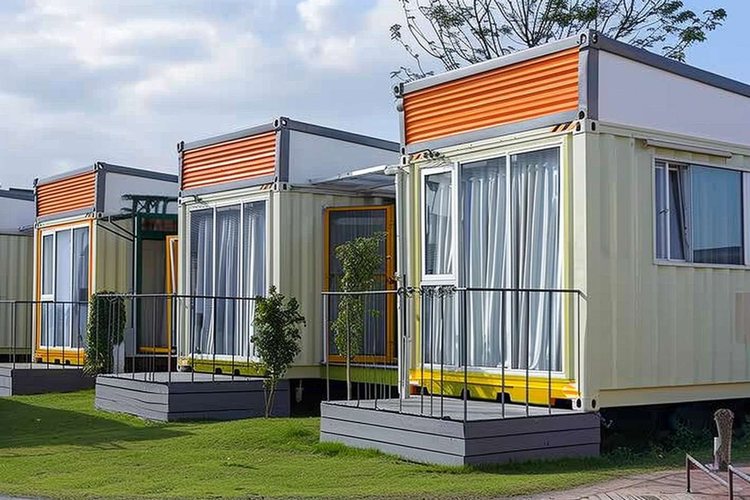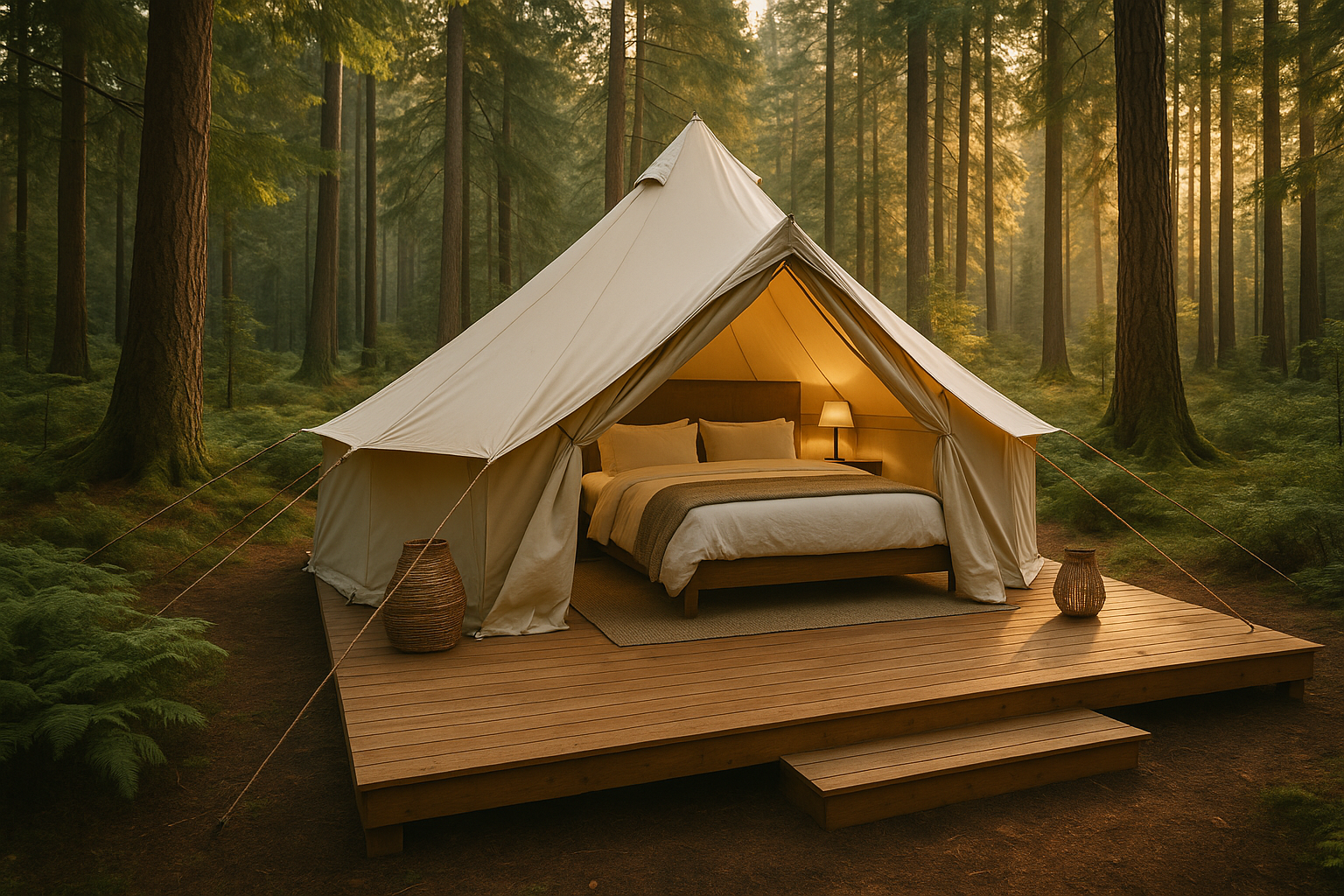Why Prefabricated Homes Are a Smart Choice for Housing
Prefabricated homes represent a revolutionary approach to modern housing that combines efficiency, sustainability, and affordability in ways traditional construction simply cannot match. As housing costs continue to soar across the United States, these factory-built structures offer an innovative solution that delivers quality homes faster and more cost-effectively than conventional building methods. With technological advances and improved manufacturing processes, prefabricated homes have evolved far beyond their basic origins to become sophisticated, customizable living spaces that rival traditionally built homes in both design and durability.

What Makes Affordable Prefabricated Homes So Appealing
Affordable prefabricated homes offer numerous advantages that make them increasingly attractive to modern homebuyers. The controlled factory environment ensures consistent quality while reducing waste and construction delays caused by weather. Manufacturing efficiency allows builders to purchase materials in bulk, passing savings directly to consumers. Additionally, the streamlined construction process significantly reduces labor costs and construction timeline, often completing homes in weeks rather than months. These homes also meet the same building codes and safety standards as traditional construction, ensuring homeowners receive a quality product without compromising on structural integrity or safety features.
Budget Friendly Prefab Houses: Cost-Effective Solutions
Budget friendly prefab houses provide exceptional value through their efficient construction methods and reduced material waste. The factory setting allows for precise material calculations, eliminating the overordering common in traditional construction projects. Labor efficiency improves dramatically since workers specialize in specific assembly tasks, reducing both time and associated costs. Many prefab manufacturers offer standardized floor plans that further reduce design and engineering expenses, though customization options remain available. The shorter construction timeline also means reduced financing costs and faster occupancy, allowing homeowners to start building equity sooner while avoiding extended rental payments during construction delays.
Cheap Modular Homes: Quality Without Premium Pricing
Cheap modular homes demonstrate that affordable doesn’t mean compromising on quality or features. These homes utilize advanced manufacturing techniques that ensure consistent construction standards while maintaining competitive pricing. Factory-controlled environments protect materials from weather damage and allow for more efficient installation of electrical, plumbing, and HVAC systems. Many modular home manufacturers offer energy-efficient features as standard equipment, providing long-term utility savings that enhance overall affordability. The modular construction process also allows for easier future additions or modifications, giving homeowners flexibility to expand their living space as needs change without major reconstruction projects.
Environmental Benefits and Sustainability Features
Prefabricated construction significantly reduces environmental impact through efficient material usage and reduced construction waste. Factory settings enable precise cutting and assembly, often reducing material waste by up to thirty percent compared to traditional construction. Many prefab manufacturers prioritize sustainable materials and energy-efficient systems, incorporating advanced insulation, high-performance windows, and efficient heating and cooling systems as standard features. The controlled manufacturing environment also allows for better integration of renewable energy systems like solar panels and geothermal systems. Transportation efficiency improves as multiple home sections can be shipped simultaneously, reducing the carbon footprint associated with moving materials and workers to individual construction sites.
Real-World Cost Analysis and Provider Comparison
Understanding actual costs helps potential buyers make informed decisions about prefabricated home investments. Pricing varies significantly based on size, features, and manufacturer, but prefab homes typically cost twenty to thirty percent less than comparable traditional construction. The table below provides cost estimations from established manufacturers across different price ranges and home styles.
| Provider | Home Type | Size Range | Cost Estimation |
|---|---|---|---|
| Clayton Homes | Modular/Manufactured | 1,200-2,500 sq ft | $80,000-$180,000 |
| Champion Home Builders | Modular | 1,400-3,000 sq ft | $120,000-$280,000 |
| Palm Harbor Homes | Manufactured/Modular | 1,000-2,800 sq ft | $90,000-$220,000 |
| Cavco Industries | Park Models/Manufactured | 800-2,200 sq ft | $70,000-$160,000 |
| Skyline Champion | Modular | 1,200-2,400 sq ft | $100,000-$200,000 |
Prices, rates, or cost estimates mentioned in this article are based on the latest available information but may change over time. Independent research is advised before making financial decisions.
Long-Term Value and Investment Potential
Prefabricated homes offer strong long-term value through reduced maintenance costs and improved energy efficiency. Modern prefab construction incorporates advanced building materials and techniques that often exceed traditional construction standards. Many manufacturers provide comprehensive warranties covering structural elements, mechanical systems, and even exterior materials. The energy efficiency built into most prefab homes results in lower utility costs throughout the home’s lifetime, improving overall return on investment. Resale values continue improving as prefabricated homes gain acceptance and recognition for their quality construction and modern features.
Prefabricated homes represent a smart housing choice that addresses modern needs for affordability, efficiency, and sustainability. The combination of reduced construction costs, shorter building timelines, and improved environmental impact makes prefab construction an increasingly attractive option for new homeowners. As manufacturing techniques continue advancing and customization options expand, prefabricated homes are positioned to play a significant role in addressing housing affordability challenges while delivering quality living spaces that meet diverse family needs and preferences.




